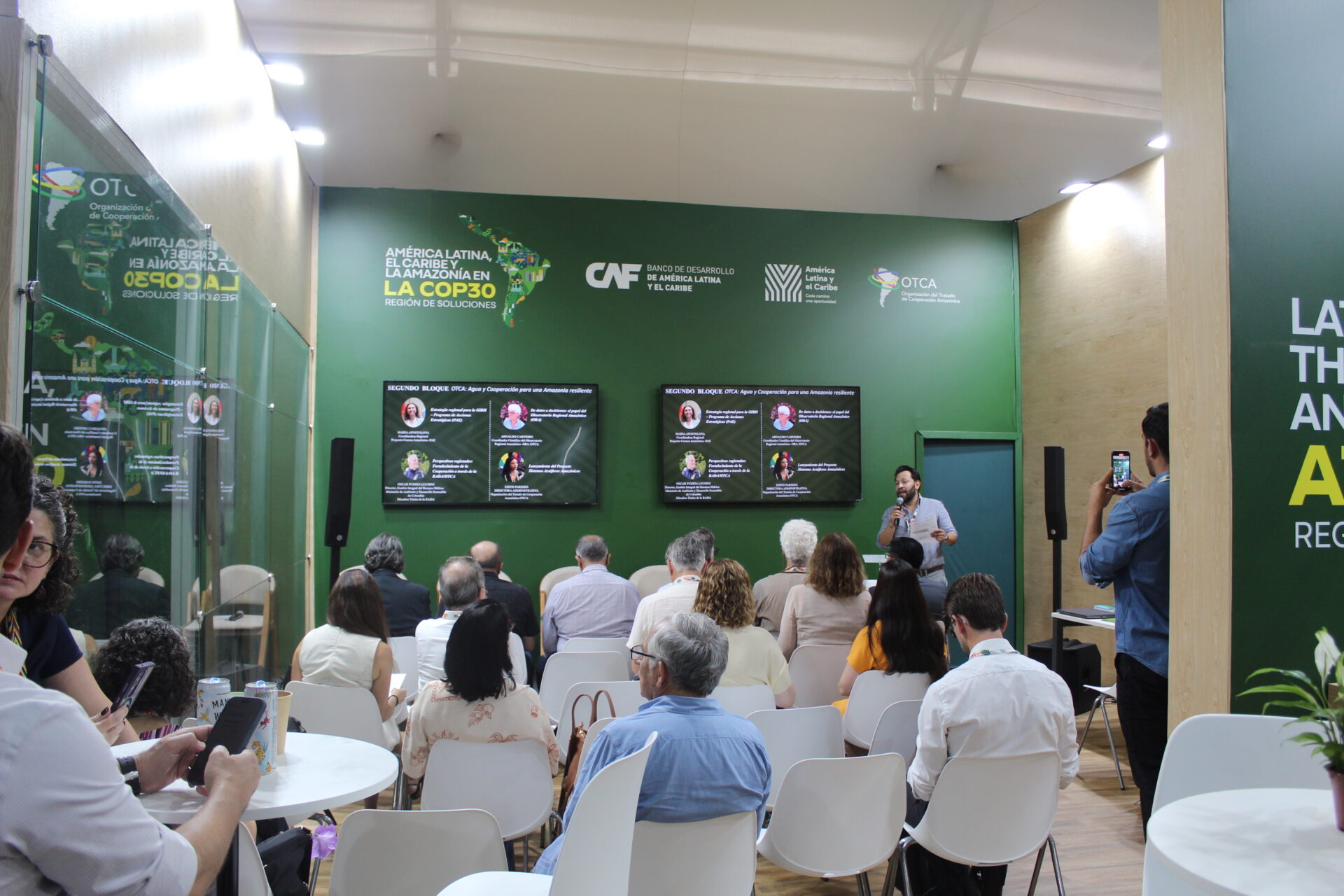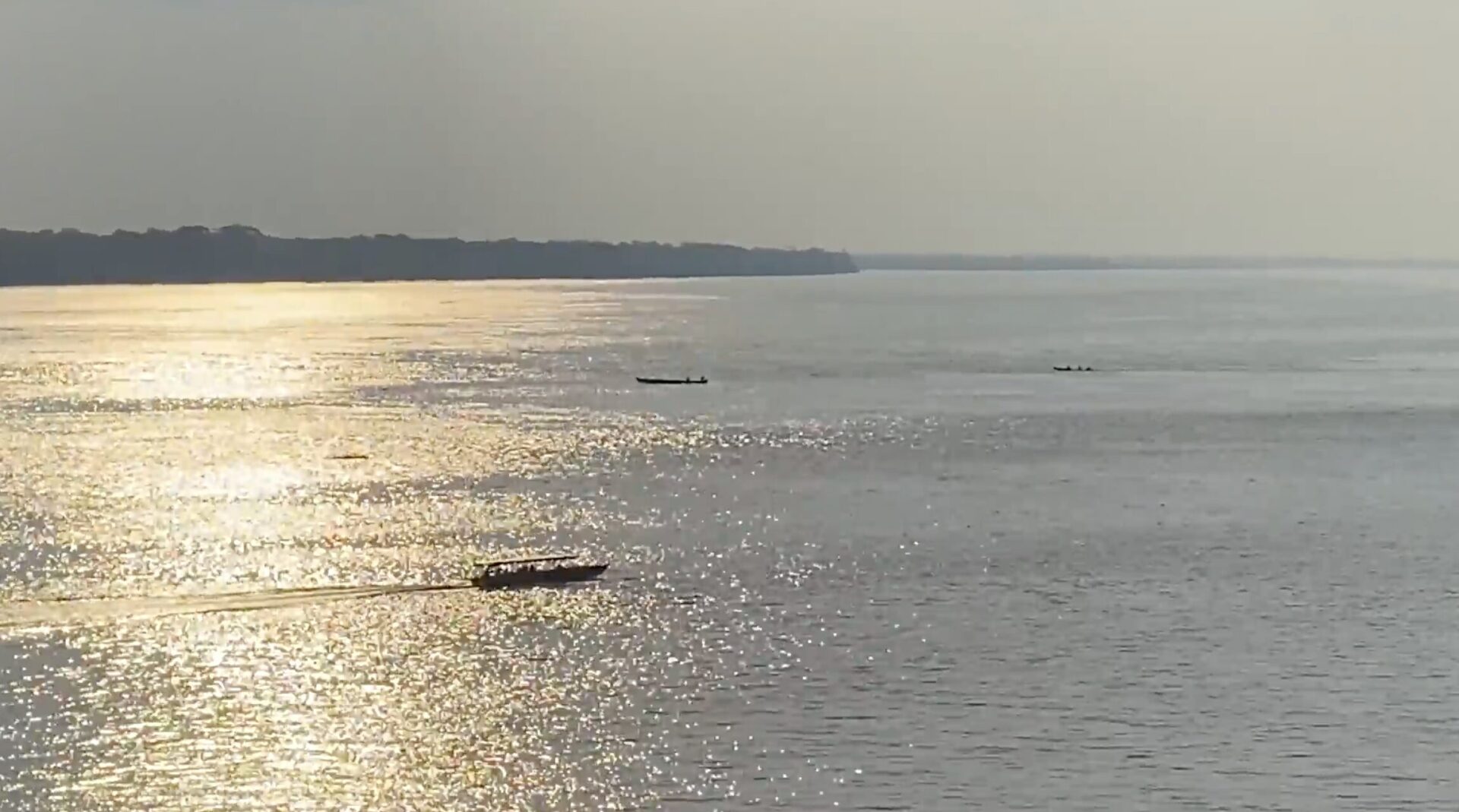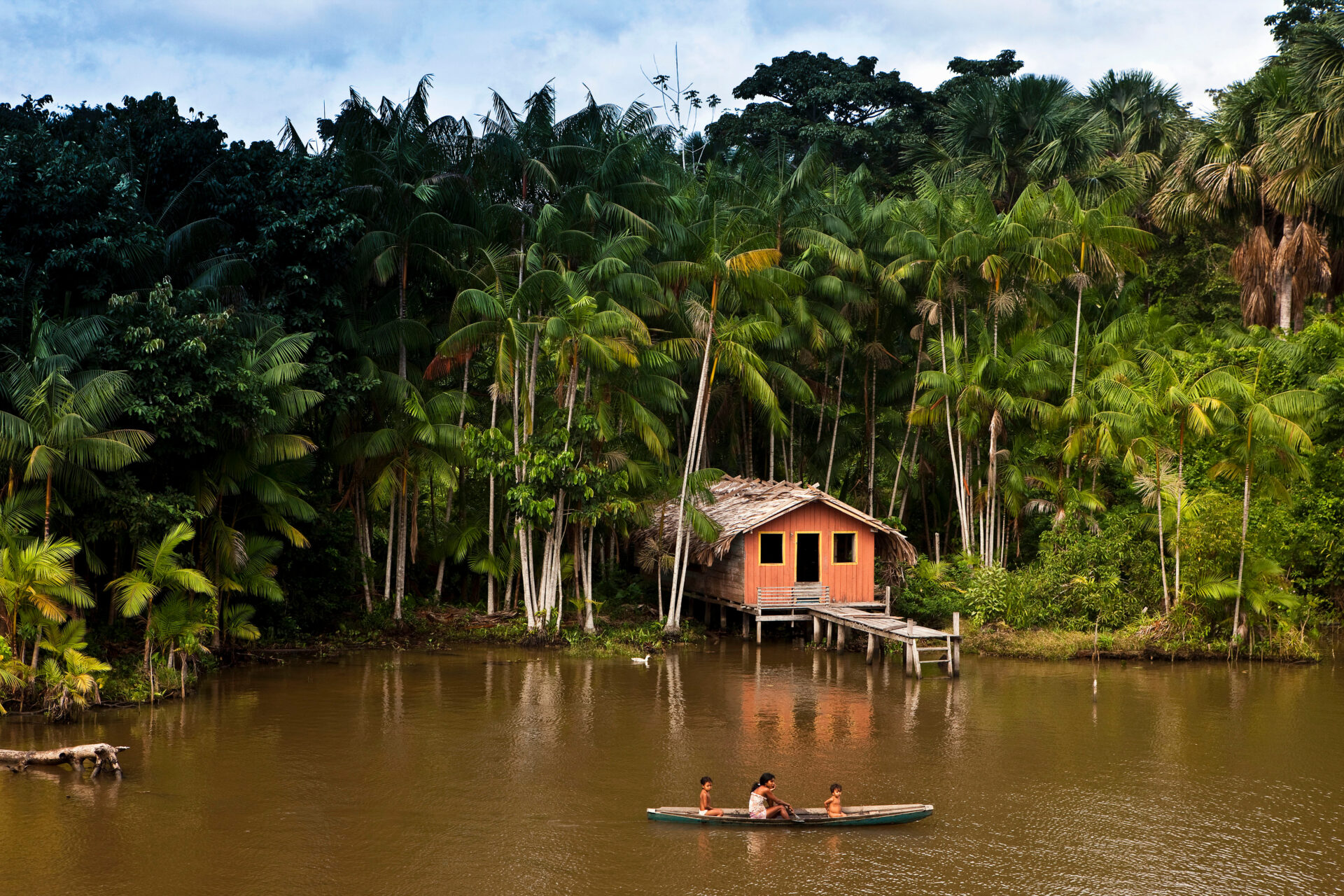Water conservation and the protection of strategic Amazonian ecosystems are gaining new momentum with the establishment of a Payment for Environmental Services (PES) scheme in the Amazon-Orinoco Transition Zones (ZOTAO) in Colombia. Environmental degradation in the region has reduced the natural capacity of rivers to maintain their flow and quality, affecting both the environment and the local economy. To address this challenge, the Amazon Basin Project (ACTO/UNEP/GEF) seeks to integrate environmental conservation and sustainable production within the framework of the National Green Business Plan, promoting water regulation and ensuring water quality for local communities in partnership with the Ministry of Environment and Sustainable Development and the Amazonian Institute of Scientific Research – SINCHI.
PES: An Incentive for Conservation
The Payment for Environmental Services (PES) is a financial mechanism that provides economic recognition to producers and communities that adopt conservation practices, highlighting the importance of ecosystems in water regulation and environmental balance. In the case of ZOTAO, PES will be used to protect and restore strategic areas, with the goal of improving water supply and the sustainability of local livelihoods.
This approach is part of the Amazon Basin Project’s strategy for Integrated Water Resources Management (IWRM) in the Amazon and has already been implemented in other areas of the region to encourage water resource preservation and strengthen sustainable basin management.
Three Territories, One Common Goal
The project will be implemented in three Colombian departments that are part of the Amazon-Orinoco Transition Zones: Guaviare, Vaupés, and Guainía. In Guaviare, actions will focus on the Caño La María micro-basin in the municipality of San José del Guaviare. In Vaupés, efforts will target the protection of priority ecological areas within the Watershed Management and Zoning Plan (POMCA) of the Cuduyarí River. In Guainía, the initiative will be carried out in the RAMSAR Site Estrella Fluvial Inírida, covering the basins of the Guaviare and Inírida rivers. These actions aim to directly benefit Indigenous and rural communities, as well as small-scale producers.
From Strategy to Practice: The Project’s Phases
The initiative will be implemented in four main phases, applying the methodology defined in the Technical Guide for the Design and Implementation of the PES Project for the Water Modality of the Ministry of Environment.
In the initial phase, which is currently underway, studies will be conducted to identify priority areas, environmental and socio-economic challenges, and define the PES mechanisms. In the second phase, execution actions will include negotiations on areas and social agreements, as well as the evaluation of possible financial models to mobilize resources for implementation and the design of water regulation monitoring. In the third phase, results will be consolidated, and the experience will be systematized so that the model can be replicated in other Amazonian regions.
Once the formulation and institutional and financial coordination cycle is completed, the project implementation phase will begin. This stage will allow for the restoration of strategic ecosystems, the adoption of sustainable productive practices, and the monitoring of project impacts.
The intervention is expected to contribute to biodiversity preservation, mitigate the effects of climate change, and foster local economic development within the framework of Green Businesses, without harming natural resources. In this way, the Amazon Basin Project advances water conservation and sustainable development in the Amazon, serving as a model for other initiatives.
Related news
Post
28 de November de 2025
Water is the central element through which most of the impacts of climate change manifest themselves: more intense droughts, extreme [...]
Post
16 de September de 2025
The Amazon Basin Project has launched an educational video that will be used in community workshops to raise awareness about [...]
Post
21 de August de 2025
Developed under the Amazon Basin Project – Implementation of the Strategic Action Program (SAP), the Toolbox for Water Management in [...]




